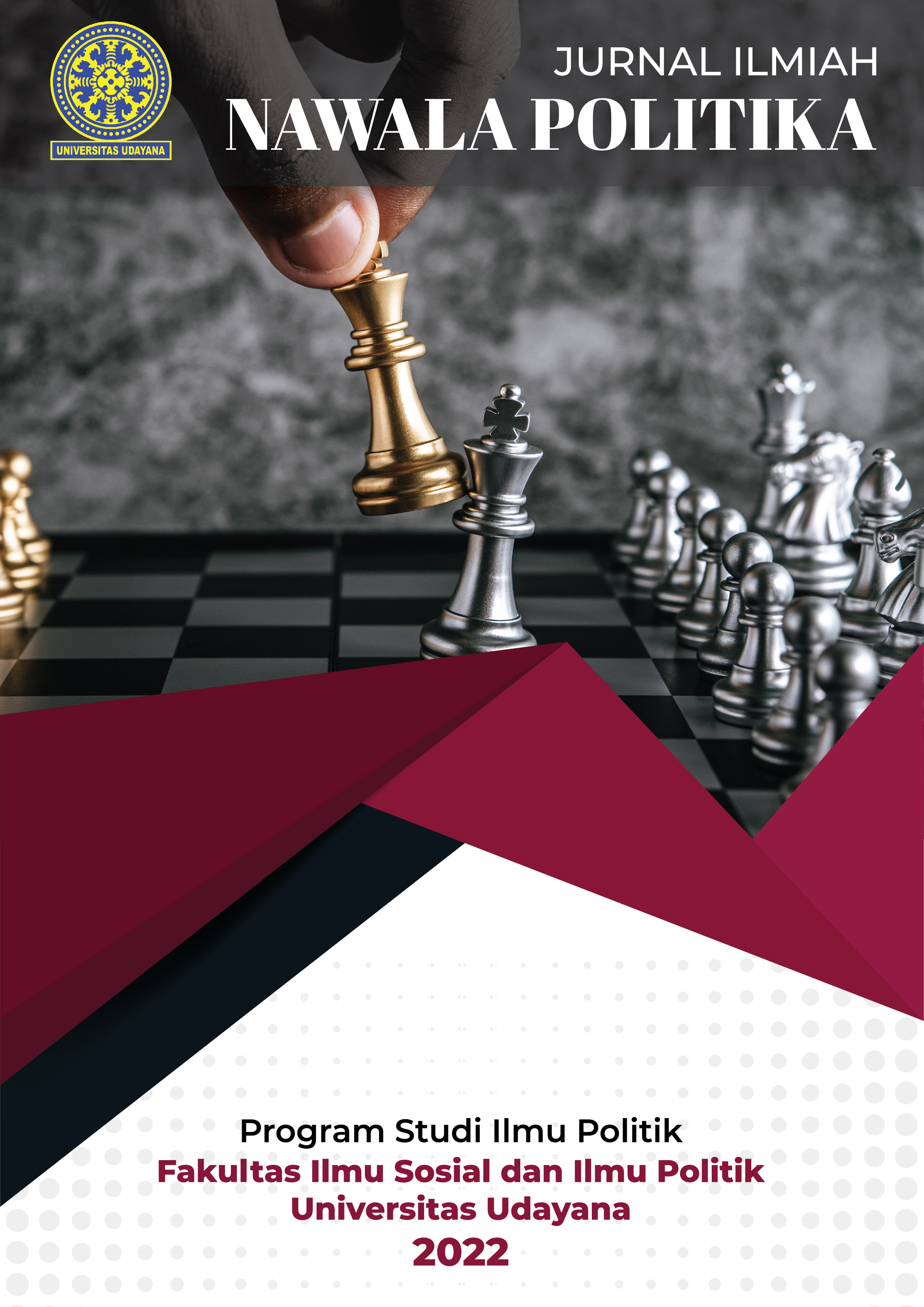PENGARUH KRISIS EKONOMI TERHADAP KETIDAKSTABILAN POLITIK DI VENEZUELA TAHUN 2013-2017
PENGARUH KRISIS EKONOMI TERHADAP KETIDAKSTABILAN POLITIK DI VENEZUELA TAHUN 2013-2017
Abstract
Venezuela is a Latin American country with historically complex governance dynamics, ranging from coup attempts and authoritarian rule to economic and social problems. This study discusses the dynamics of the political economy under the leadership of President Nicolas Maduro and the policy steps taken to overcome problems of economic instability that lead to state destabilization. This paper uses descriptive research data collection techniques and library research. As well as using the Political System Theory (The Political System Theory) by David Easton to analyze the findings. In short, President Maduro's leadership tends to use organizational process models and organizational/party activity-based decision-making to set domestic and foreign policy directions. This is due to the strong influence of Maduro's supporters from the United Socialist Party of Venezuela (PSUV), supporters of former President Hugo Chavez. It is said that Maduro was not involved in solving the Venezuelan crisis, even though he inherited Chavez's leadership style, which adheres to a socialist regime.
Keywords : Venezuela Crisis, Nicolas Maduro, Hugo







